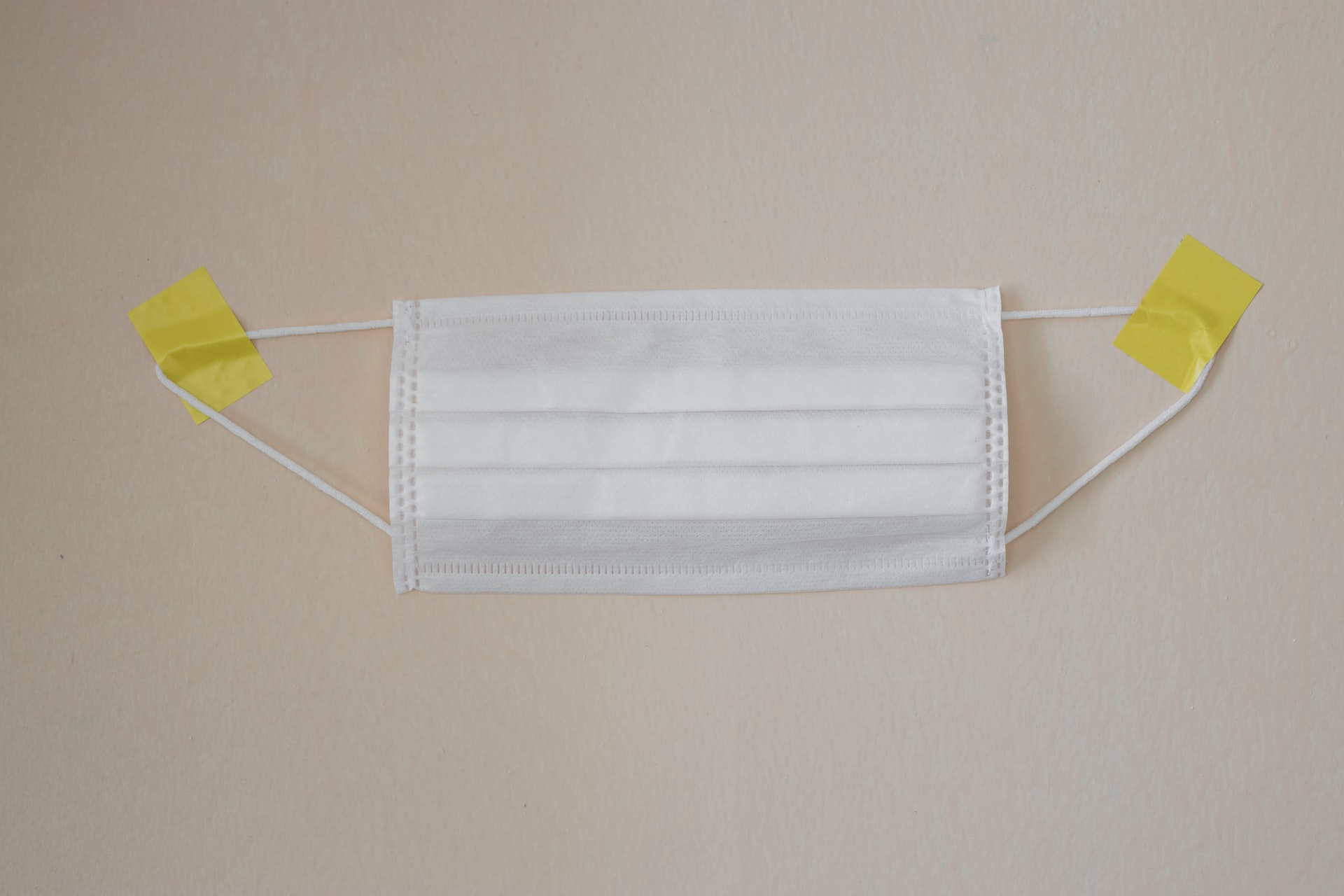10 Ways Nurses Can Reduce Hospital Infections

An infection is the presence of a pathogen within the body. These pathogens, such as bacteria or viruses, can be present in a variety of places and are usually found in bodily fluids.
They invade living tissue and produce toxins that can cause severe damage to organs like your lungs, heart, and brain. There have been many instances in which patients contract infections from hospital care that lead to organ failure or even death.
The goal of this article is to provide tips on ways nurses can reduce infections while they are giving care to their patients at hospitals today.
Different Types of Hospital Infections
Nosocomial
This is also known as a hospital-acquired infection, and it’s commonly contracted by patients who are in hospital for an extended period of time.
It occurs when pathogens are transmitted from one patient to another by way of things like hands, equipment, or linen. In most cases, this type of infection is preventable.
Examples include pneumonia, urinary tract infections, surgical site infections, and bloodstream infections.
Viruses
These cause illness in human beings and animals through their ability to replicate themselves within living cells.
Viral infections can be transmitted through contact with contaminated materials. Viral diseases are usually caused by a particular species of viruses. The antivirals that can prevent or treat viral infections are short-term treatments.
Examples include herpes, influenza, and respiratory infections such as colds and pneumonia.
Bacteria
These are single-cell organisms that exist in very small numbers and cannot stay alive very long on their own, but they reproduce rapidly when they get the nutrients from other bacteria.
Bacteria can infect humans through contact with contaminated surfaces or by passing from one person to another.
Examples include urinary tract infections, intestinal flu, sepsis, and meningitis.
How Nurses Can Help Reduce the Risk of Hospital Infections
Knowledge is power; nurses doing higher level qualifications such as the post master’s nurse practitioner programs online will have this knowledge when it comes to helping reduce the risk of hospital infections, and it’s vital that they share this knowledge with other professionals they are working with.
If you’re a nurse working within the healthcare industry, there are a few things you can do to help prevent the spread of infection.
Wear PPE
One way that professional nurses can help is to encourage the wearing of personal protective equipment (PPE).
This precautionary measure is one of the most important ways any nurse can reduce infection. PPE refers to gloves, masks, and scrubs that are worn by healthcare workers in order to prevent them from getting infected.
They must be worn when working with patients, their blood, and bodily fluids.
Improve personal hygiene
It’s important for nurses to make sure that the uniforms they wear are always clean and in good condition because this can reduce the transmission of microorganisms. They should also strictly follow protocols on handwashing, cleaning, and sterilization.
Proper sanitation and cleaning will go a long way to help prevent hospital-acquired infections. These infections are caused by pathogens that a patient may have when they are admitted into a hospital setting. They are easily passed from one patient to another through skin-to-skin contact, broken skin, and contaminated objects.
Use antiseptic hand rubs and gels
Nurses should make sure they’re aware of the local protocols when it comes to recommending liquid antiseptic hand rubs, as well as how and when to use them.
This is also important to do after going in and out of hospital rooms.
Use patient handling equipment
Make sure you know the proper way to move patients from one place to another using equipment recommended by the hospital.
This is a best practice for everyone’s safety in the hospital setting.
Provide a clean work environment
Nurses should make sure there is a sterile and clean working environment while they are at work. They should also keep the number of visitors in their workplace limited to avoid the spread of infection.
This will help prevent the risk of infection for patients, nurses, and all other members of hospital staff.
Change gloves often
Change gloves regularly so that you do not contaminate yourself or your patients. Wearing gloves when touching the skin and bodily fluids will help prevent infection.
Workers should be using the right procedures, such as handwashing, when they are handling patients’ materials and disinfecting their hands.
They should also follow strict policies which prohibit smoking, eating, and drinking within their workplace. This can prevent the spreading of infection through the air.
Clean and disinfect equipment as it becomes contaminated
Nurses should always clean and disinfect their workstation equipment every time they’re finished with it.
It’s very important to know how to do a proper cleaning and disinfection step in order to reduce the spread of hospital-acquired infections.
Clean your uniform regularly
Keep your uniform, shoes, and hair clean, and make sure you wash them daily. It’s useful to wear different pairs of footwear in order to prevent any kind of contamination.
Make sure that your uniform is always in good condition if you’re working with pathogens. You can also wear a gown when you’re working with infectious materials or caring for patients who are highly vulnerable to infection.
Take care of skin-to-skin contact
It is extremely important for nurses to take precautions when skin-to-skin contact is involved, such as the use of gowns and masks. They must also ensure that the surgical equipment they use in surgery rooms has been cleaned properly so that they do not become infected.
Be mindful around food and beverages
These are very common sources of contamination. Foods that should not be ingested by patients include foods with high sugar content and drinks with alcohol in them.
Food also makes up a large part of the body’s bacteria flora which can contaminate wounds or sores during surgery.
Cleaning Rooms Safely in a Hospital Setting
One area that is often overlooked is room cleaning within hospitals. Hospitals are places where there is a lot of human activity, and people come and go every day.
Demand for clean facilities is extremely high, and this can lead to staff becoming stressed in their workplace. They may also become careless when it comes to cleaning up after themselves, thus spreading germs around the hospital.
Cleaning rooms will ensure that no harmful bacteria are left behind after the room has been vacated. This will prevent any patients admitted into that room from being exposed to dangerous microorganisms.
Standard Precautions When You’re Around People
For most nurses and healthcare professionals, being warier about infection control comes naturally. They know the risks of infection and other threats to their patients’ health.
Teaching people (both other professionals and patients) about safe working practices is one of the best ways of reducing the risks associated with healthcare globally.
Even simple things like handwashing regularly can help to reduce the spread of infections within hospital settings and throughout the general public.
It’s also very important to keep the hospital environment clean and sanitized, as contaminated equipment can cause the spread of infections.
This can be achieved by using disinfectants and setting up good housekeeping rules throughout the hospital. This will help reduce potential threats to patients before they have a chance to happen.
There are actually few areas within a hospital setting that need to be completely sterile; sterility is a state in which something is not infected or capable of causing infection (or is free from any infectious contamination). It usually refers to living or unicellular organisms, including specifically human beings.
Educating yourself about how to prevent hospital infections is also an important way to help the healthcare industry reduce the risk of hospital-acquired infections.
There are many effective ways to reduce infection that involve both preventative measures and procedural protocols.
It’s vital for nurses to make sure these practices are followed at all times, working closely with other staff members, patients, and visitors.
They also have a role in educating other professionals with regard to infection prevention and control. This can help ensure that patients are taken care of in a safe environment, one where there is little chance of contamination passing from one patient to another.
Conclusion
Hospital-acquired infections can cause many problems for nurses and other healthcare professionals. They can also be very costly for hospitals and the health system as a whole.
Improving safety practices in hospitals can help prevent invasive pathogens from spreading, which will help to reduce the risk of hospital-acquired infections.
However, nurses must also be conscious of the risk of infection without a complete focus on sterilization. They must not forget that hospitals are businesses and that, ultimately, services must be provided to patients in the best and most cost-effective way possible.
Hospitals can actually profit from having fewer infections within their walls because they can then go on to provide better service quality overall. These are some of the things you should consider before taking hospital-acquired infections lightly.
This is why you need to take precautionary steps in order to prevent these infections from happening. We’ve talked about some of them here, although it will always be good for anyone working or visiting a hospital to do more research on infection prevention themselves.



































